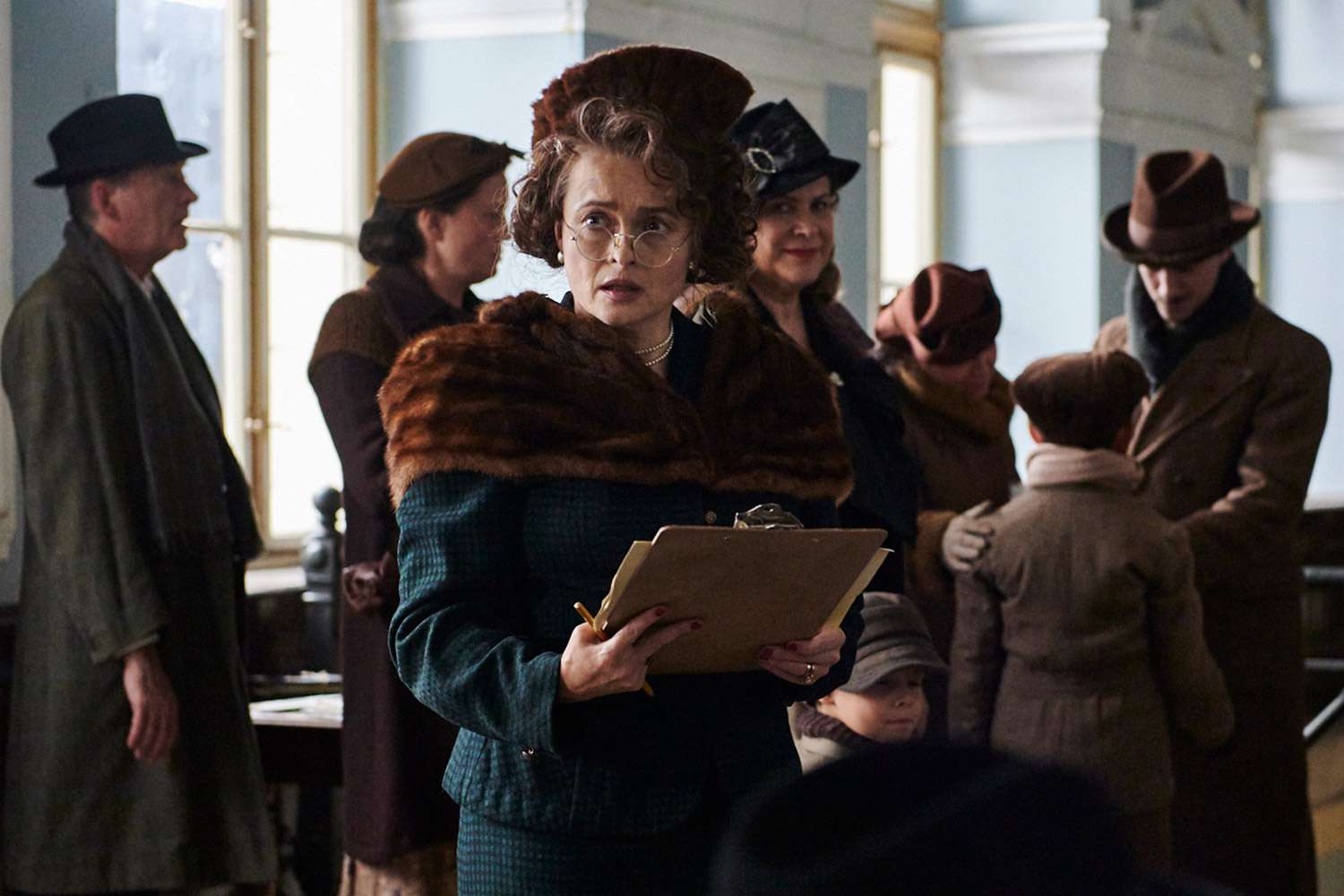We all have our fav forms of entertainment – some like going out and doing sports, some like sitting home and watching sports, some go to the theatre, opera, concerts in the park, some enjoy online Everygame casino no deposit bonus play, and some like movies. We’re here today to talk about an amazing film you should NOT miss.
James Hawes is the director of this new film, which had its World Premiere at the Toronto International Film Festival this year. It acknowledges and pays homage to the humble mission performed by the late Sir Nicolas Winton. The young version of Winton is played by Johnny Flynn and the older version by Anthony Hopkins and the film is based on a story, sensitively written by Winton’s own daughter, Barbara Winton.
Nicolas Winton embarked on a humanitarian mission that would impact the lives of many but he himself never saw himself has having done anything particularly outstanding.
The words “Don’t start what you can’t finish” is the advice the younger Nicolas Winton, receives in “One Life” when he starts on his humanitarian mission. His objective: to save Jewish children living precariously in Prague, just before the imminent invasion of the Nazis during World War II.
In spite of the overwhelming difficulties and high possibility of failure, he went ahead and was able to save more than 669 children who were brought to Britain and were put in foster homes and remained safe throughout the war and after.
Nicholas Winton portrayed by Anthony Hopkins and Johnny Flynn
Anthony Hopkins plays the older version of Winton, a man we see constantly mulling over the past and struggling with feelings of guilt for not saving more children, rather than focusing on the many lives that he did save.
Hopkins, a two- time Academy Award winner manages to portray Winton’s personality, honing in on his quietness and vulnerability as he is trying to let go of files from when he was part of the British Committee for Refugees in Czechoslovakia. He keeps a scrapbook that has all the information concerning the children who managed to escape from Prague.
Whilst searching for a place to store the scrapbook, preferably a place where future generations can learn something, he himself learns what became of many of the children that were part of the mission.
Johnny Flynn perfectly portrays the younger Winton. The two actors do resemble one another so it helps when viewing when the film jumps back and forth from 1938 to 1988.
The use of family pictures, visas and other props specific to the time frame in question also added to the sensitivity of the story. Attention to detail was important to James Hawes, and this could be readily seen in the reenacted segment of the BBC’s “That’s Life” when we see how people were affected by what Winton had achieved.
Viewers are also helped to distinguish between events occurring between 1938 to 1988 by the way the camera movements. Scenes covering 1938 look like they were filmed with handheld cameras, depicting chaotic scenes of him trying to get the children out of Prague whereas scenes depicting 1988 are slow, quiet, and rather still, depicting a completely different life.
The focus of the film is about Winton and his life and acknowledging all that he did that had gone unnoticed. However, it also recognizes other heroic figures. Winton was part of a team, members of the British Committee for Refugees in Czechoslovakia, Trevor, played by Alex Sharp, Doreen Warriner, played by Romola Garai and Betty Maxwell, played by Marthe Keller.
Another crucial player was Winton’s mother, Babette, without whom the mission may well not have become a reality. Babette is portrayed by the magnificent, Helena Bonham Carter. It is Babette who engages with the authorities to ascertain what documents will be required to get the children out of Prague. She is also fully involved in obtaining visas and finding foster families for the children.
Whilst searching for a new home for the scrapbook, Winton is helped by his friend Martin Blake, played by Jonathan Pryce. This is actually a very important segment of the film as it is central to Winton’s journey to learn about what became of some of the children.
“One Life” is based on a true story. The film is infused with simplicity. The director, James Hawes, has done a wonderful job of bring the pages of the book to the screen. The casting for each role was exactly right and the attention to detail, using the right props and set design made everything work perfectly. “One Life” worked well owing to its simplicity, letting the facts speak for themselves.
What Winton did was an extraordinary thing for the wellbeing of others. He was an ordinary man acting in a very extraordinary way at a crucial time in history. He, together with his colleagues were helping children, with no benefit to themselves, but out of the goodness of their hearts, just to help those in need. The film has a powerful message, the importance of protecting the vulnerable, and will likely bring many viewers to tears.
